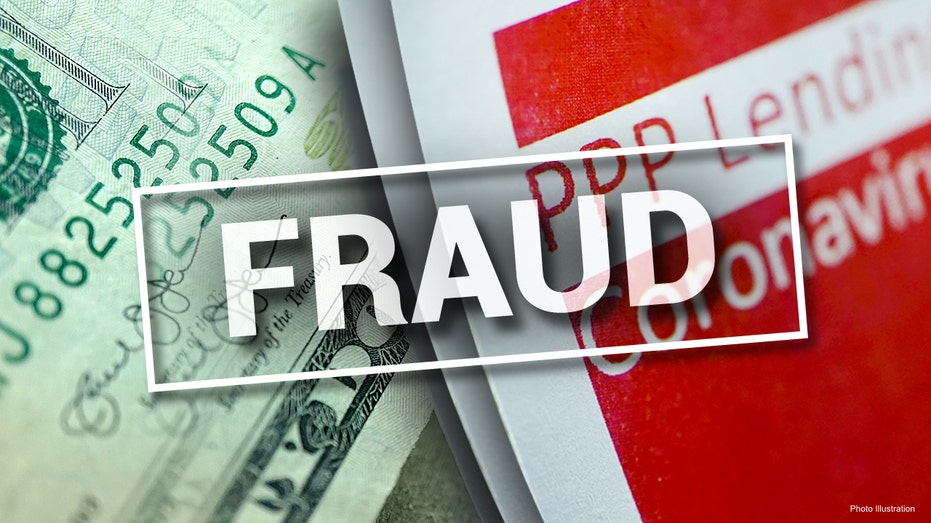IRS warns of ongoing COVID-19 fraud, urges Americans to be wary of fake emails and phone calls
Scammers have been using the coronavirus pandemic to 'confuse potential victims into handing over their hard-earned money,' the IRS says
COVID relief fraud: How bad is it?
Florida Republican Rep. Vern Buchanan provides insight on COVID relief fraud and government spending on 'Kudlow.'
The IRS is urging Americans to stay vigilant about sketchy emails and out-of-the-blue phone calls from people who are promising stimulus payments or other benefits, warning that criminals are continuing to use the coronavirus pandemic as a way to steal personal information.
The latest warning comes as various federal agencies try to crack down on fraud related to the more than $5 trillion in COVID-19 relief spending since the beginning of the pandemic.
"Scammers continue using the pandemic as a device to scare or confuse potential victims into handing over their hard-earned money or personal information," IRS Commissioner Chuck Rettig said in a bulletin on Monday. "I urge everyone to be leery of suspicious calls, texts and emails promising benefits that don't exist."

Photo illustration depicting COVID-19 pandemic-related fraud. (istock / iStock)
One of the most common scams during the pandemic was the use of stolen personal information to file bogus unemployment claims.
PPP FRAUD CHARGES BROUGHT AGAINST CEOS, CELEBRITIES IN GEORGIA
A report by the Labor Department's Inspector General found that at least $163 billion of $872.5 billion in unemployment benefits doled out during the pandemic were paid out improperly, with "a significant portion attributable to fraud."
The IRS urged Americans to be on the lookout for a Form 1099-G reporting unemployment benefits they didn't actually receive and report it to state authorities.

A Department of Labor watchdog said that at least $163 billion in unemployment benefits during the pandemic was doled out improperly, with 'a significant portion attributable to fraud.' (AP Photo/J. Scott Applewhite, File / AP Newsroom)
Emails about stimulus payments and other pandemic-related benefits are also almost certainly fraudulent at this point, the IRS says.
CLICK HERE TO READ MORE ON FOX BUSINESS
"Any text messages, random incoming phone calls or emails inquiring about bank account information, requesting recipients to click a link or verify data should be considered suspicious and deleted without opening," the IRS said in Monday's bulletin. "This includes not just stimulus payments, but tax refunds and other common issues."
The Department of Justice announced earlier this year that it has charged nearly 600 defendants with pandemic-related scams involving over $600 million.





















